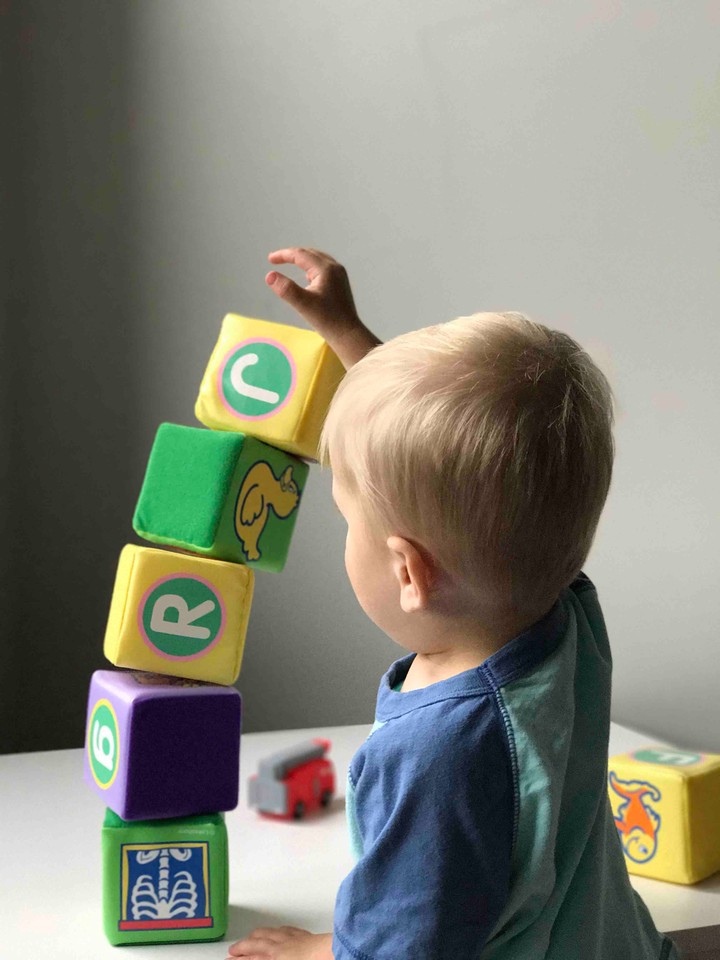Reliability of the Language Environment Analysis Recording System in Analyzing French–English Bilingual Speech
 Image credit: Unsplash
Image credit: Unsplash
Abstract
This study examined the utility of the Language ENvironment Analysis (LENA) recording system for investigating the language input to bilingual infants. Twenty-one French–English bilingual families with a 10-month-old infant participated in this study. Using the LENA recording system, each family contributed 3 full days of recordings within a 1-month period. A portion of these recordings (945 minutes) were manually transcribed, and the word counts from these transcriptions were compared against the LENA-generated adult word counts. Data analyses reveal that the LENA algorithms were reliable in counting words in both Canadian English and Canadian French, even when both languages are present in the same recording. While the LENA system tended to underestimate the amount of speech in the recordings, there was a strong correlation between the LENA-generated and human-transcribed adult word counts for each language. Importantly, this relationship holds when accounting for different-gendered and different-accented speech. The LENA recording system is a reliable tool for estimating word counts, even for bilingual input. Special considerations and limitations for using the LENA recording system in a bilingual population are discussed. These results open up possibilities for investigating caregiver talk to bilingual infants in more detail.